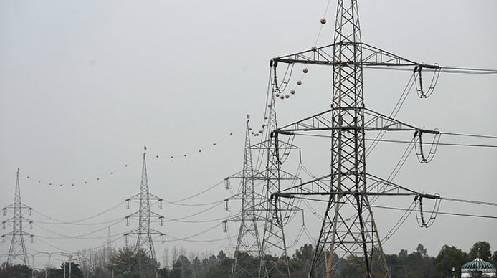ISLAMABAD: The Senate Standing Committee on Power, led by Senator Mohsin Aziz, has requested copies of all Independent Power Producers (IPPs) agreements since 1994, alongside details of sponsors, amendments, heat rates, and comparative regional pricing. This move is part of a broader effort to address the critical issues affecting Pakistan’s power sector, which Senator Aziz described as a matter of national security and emergency.
Committee’s Focus:
The Committee held its first meeting on July 12, 2024, with the minutes released on August 1, 2024. The Power Division is to provide the requested information before the next meeting.
Senator Aziz highlighted the severe impact of load-shedding, excessive billing, high tariffs, electricity theft, idle capacity payments, and line losses on the public. He emphasized the unaffordability of electricity, which has even affected the middle and upper-middle classes, and the competitiveness of local industries.
Key Issues and Actions:
The Committee will scrutinize IPP agreements, focusing on unfavorable terms that significantly burden the Pakistani people. A sub-committee may be formed to ensure thorough investigation.
Senator Shibli Faraz raised concerns about the non-appointment of a regular MD for NTDC, which the Minister for Power acknowledged, attributing delays to court cases. Restructuring plans for NTDC are underway.
The Minister for Power identified 23 fault lines in the power sector, which will be shared with the Committee. He acknowledged past planning failures and the disparity between established capacity and actual demand, worsened by rupee devaluation.
Committee’s Demands:
Copies of original and current IPP agreements, detailing price per KW and comparative regional costs.
Rates at which energy was purchased by other developing countries at the time.
Capacity payments made in the last 20 years, with reasons for these payments.
Technical faults in power plants over the past 20 years.
Details of sponsors for each private sector power plant.
Agreements of wind power plants established in the last six years, with their rates and costs.
Track changes in current IPP agreements, including ROI/ROE details.
Summary of power policies over different periods.
Heat efficiency details of IPPs, comparing current efficiency with global standards.
The Committee aims to address these issues urgently to mitigate the power sector’s adverse effects on the nation and its economy.
Story by Mushtaq Ghumman







